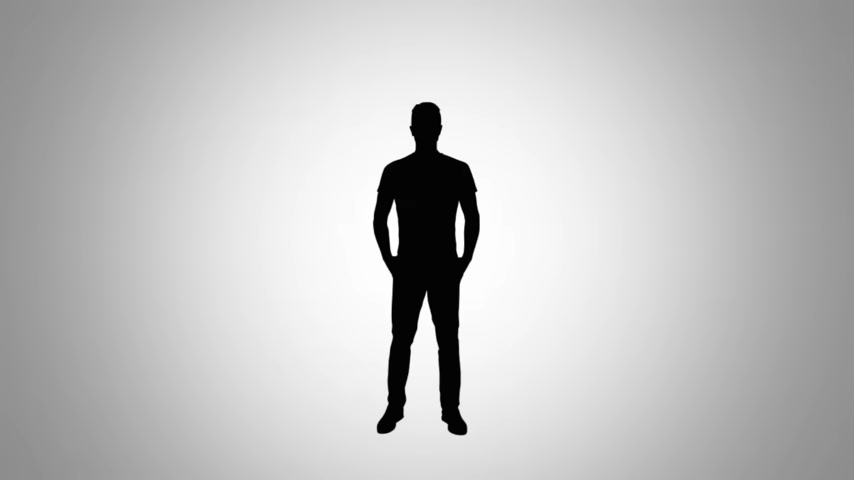
https://www.youtube.com/watch?v=KQsR4sVOfaA
57% Of People Have This Problem!!

So let's chat about the most dangerous symptom of a magnesium deficiency .
As you may be aware of , magnesium is involved in over 300 biochemical reactions .
At least 57% , probably more people have low magnesium .
Magnesium is involved in energy protection , the transmission of nerve impulses , the ability to allow muscles to relax , blood sugar issues , and the list goes on and on and on .
Now several reasons why people are deficient .
Either they're not getting it from their diet because they're not eating the right things or they're eating the wrong things like processed foods , carbohydrates , alcohol , and also inflammation in your gut .
Any type of , like , bloating or chronic inflammation in your gut , that can prevent your absorption of magnesium .
And you have something called phytates that prevent the absorption of magnesium as well .
Fluoride blocks magnesium .
Soft water versus hard water blocks magnesium .
In fact , they've done tests on this .

There's a high correlation between people that have these water softeners and a higher risk of getting heart attacks versus people who just drink hard water , spring water , things like that .
They have a much lower risk of heart problems .
And then you have just all the food additives , very specifically the phosphates in the food additives .
And you probably see it when you start reading the labels on ultra processed foods .
But I wanna cover 12 symptoms of a magnesium deficiency starting with number 12 and working backwards until we get to the most dangerous symptom , which you need to know about .
Number 12 , muscle cramping .
Number 11 is loss of appetite .
10 is nystagmus , where your eye is kind of going back and forth .
Number 9 is fatigue .
Number 8 , high blood pressure .
Number 7 , abnormal heart rhythm .
Number 6 , low vitamin d .
It's interesting .

You need magnesium to help vitamin d work in the body .
Number 5 , a potassium deficiency .
You need magnesium to allow for potassium to work in the body .
Number 4 , migraines .
Number 3 , blood sugar issues .
Number 2 , high levels of cortisol , which is gonna affect your sleep .
But number 1 , the most dangerous symptom of low magnesium is pathological calcification .
Let me explain what that is .
Magnesium is the master mineral that controls other minerals .
Magnesium stops calcium from building up in the cells .
If there's too much calcium in the cell , it causes the cell to commit suicide .
Magnesium also prevents oxidative stress from occurring in the mitochondria , but that can be related to neuroinflammation in the brain , which also involves accumulation of calcium as well .


I'm talking about the calcium that builds up in the heart tissue that can cause a heart attack .
I'm also talking about the pathogenic calcification that can build up in other soft tissues too because you have vascular calcification , and then you have nonvascular calcification .
Both scenarios have calcium building up in the wrong place because the calcium should be in the bone , not in your soft tissues .
And I've talked about vitamin K2 helping protect against calcium building up in the arteries , but you don't wanna forget about this magnesium .
It's also important .
Now when we're talking about this pathological calcification , we're really talking about a calcification that is not normal .
It usually follows inflammation , and some of the key factors that help regulate this and prevent it is magnesium , vitamin k 2 , zinc , vitamin d , and boron .

If you have not watched my video on boron , this is a very neglected trace mineral that is fascinating , and I'm gonna put that video up right here .
Check it out .
Are you looking for a way to reach a wider audience and get more views on your videos?
Our innovative video to text transcribing service can help you do just that.
We provide accurate transcriptions of your videos along with visual content that will help you attract new viewers and keep them engaged. Plus, our data analytics and ad campaign tools can help you monetize your content and maximize your revenue.
Let's partner up and take your video content to the next level!
Contact us today to learn more.